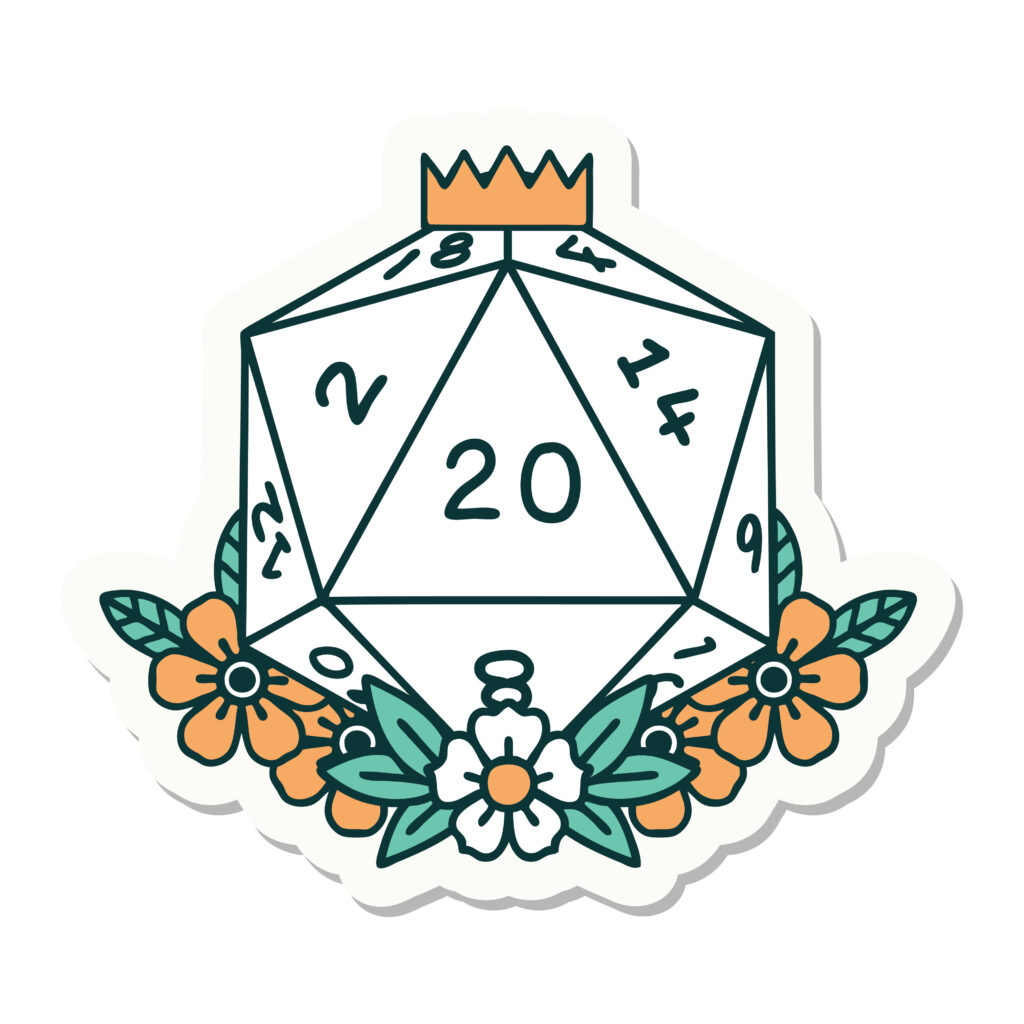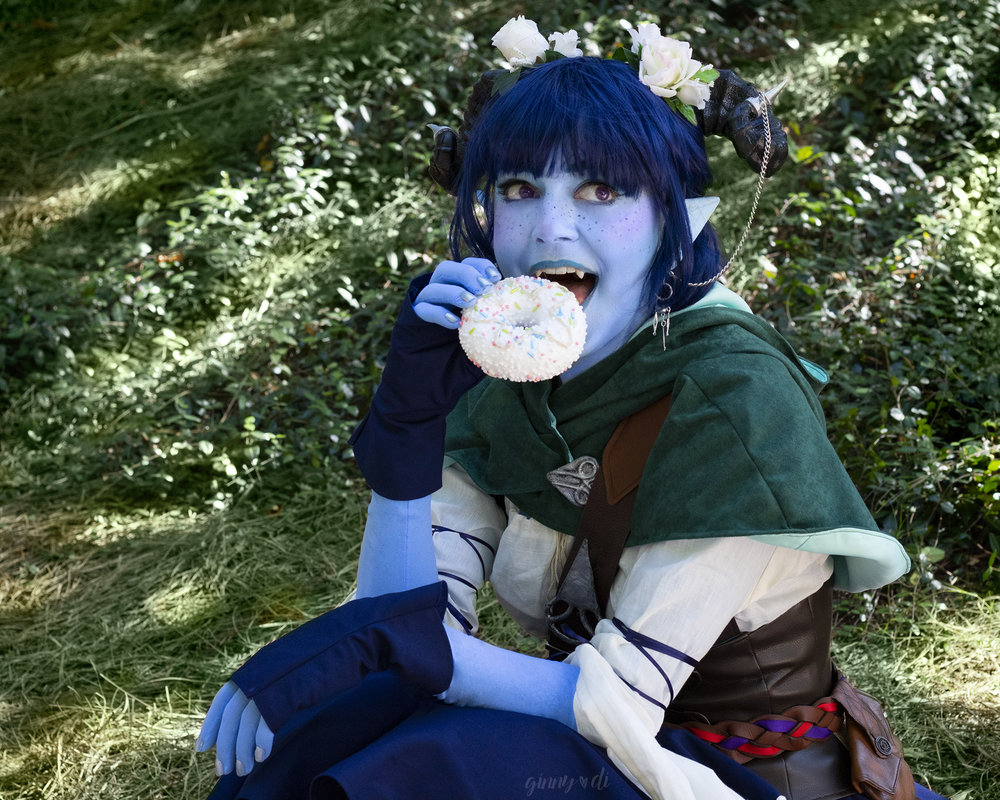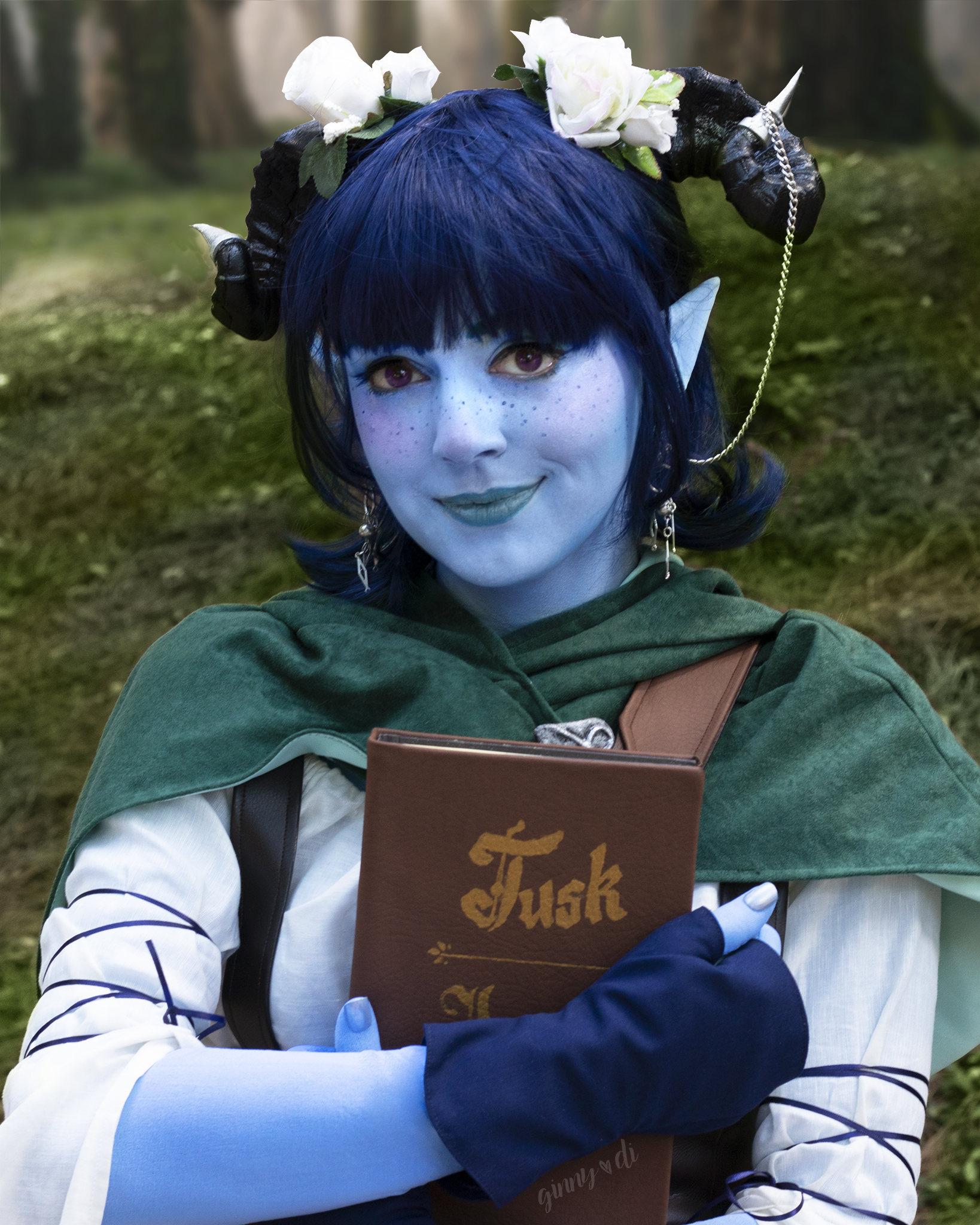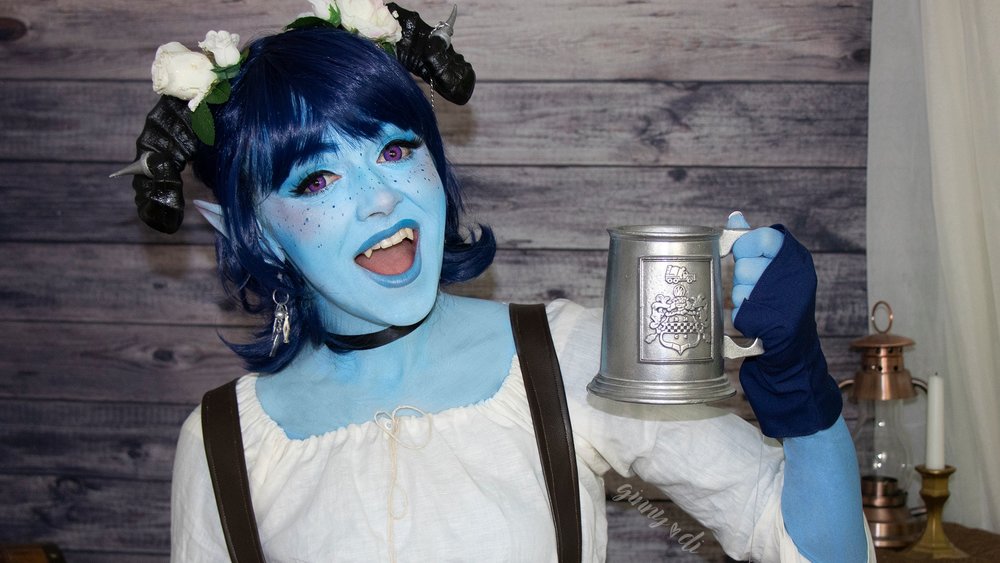I’m a big fan of Critical Role, and I’m a fan of Dungeons and Dragons in general. Whether it was following Vox Machina in Campaign 1, the Mighty Nein in Campaign 2, the new crew for Campaign 3, or any of the unrelated one-shots, watching this show evolve and change has been a real joy. Each episode may be at least three hours long, but it also comes in podcast format to catch up with the antics of whatever adventuring party you are following. It has been a show that has explored a lot of societal issues and explored personal experiences. I’ve even identified with a couple of the characters and have found love and admiration with others (looking at you, Jester Lavore).
But the one thing that has kept me in love with these nerdy-arsed voice actors that play Dungeons and Dragons is that they really exemplify the best in society, while not shying away from talking about the worst. I’ve learned a lot from them about myself, who I want to be, and what I need to do to get there. They have done a lot to help me to understand how to deal with things, and I love everything they have done for the tabletop gaming renaissance and role-playing game community.
So, to show my love for these amazing people, and to celebrate their third campaign, which is launched on Twitch and YouTube live on Thursday (on-demand video appears on YouTube on Monday and the podcast on Thursday 28th October 2021), here are some important life lessons from the series, phrased as catchphrases from the show.
“Is it Thursday yet?”
It’s important to have something you can look forward to, no matter what it is. You need something that can bring you joy, that can bring you happiness, that gives you something you want to see. This is what Critical Role did from the start – from the beginning, many Critters would tweet “Is it Thursday yet?” in reference to the show’s broadcast day (it is broadcast on its online channels every Thursday at 7 pm Pacific Time, which is around 3 am on Friday in the UK). Some would even post it as soon as the latest episode had finished, already eager to continue the adventures of Vox Machina and then the Mighty Nein. The cast picked it up, and eventually, it was co-opted as a closing catchphrase for every episode. The rest, as they say, is history.
Everyone deserves something that makes them look forward to tomorrow.
Unknown
“You can certainly try.”
Dungeons & Dragons is ostensibly a group improvisation session, almost like a collaborative campfire story. While one person knows the world and what lies ahead, each player contributes and helps shape the story. To play it at its best, it often helps that the Dungeon Master (or DM) is open to every possible scenario that could happen – providing it is within the world’s laws of physics.
Matthew Mercer, the Dungeon Master for Critical Role, expands on this by actively encouraging his players to exercise their creative muscles and come up with ingenious ways to solve problems in each gaming session, the more entertaining the better. If someone comes up with something that is even remotely possible, he replies “You can certainly try” and tries to find the best way to work with their idea. Occasionally it requires an ability check or for the player character to describe further what they were intending, but the idea was the same – nothing is off-limits if you’re just willing to give it a go.
You lose 100% of the chances you don’t take.
Unknown
“How do you want to do this?”
As well as encouraging creative solutions to problems, Matthew also encourages people to describe what they do as their character. One way he does this is to place the spotlight on them in combat sequences, specifically when a player lands the final blow. The declaration of “How do you want to do this?” is often greeted with cheers from the group and the lucky player describing how their spell manifests or how they wield their weapon, or what they say, or how they move. Whatever they describe is considered canon, part of the story, and these contributions often make for memorable moments in the story.
No one has power over you unless you give it to them, you are in control of your life and your choices decide your own fate.
Unknown
“Don’t forget to love each other.”
In a world full of hatred and discrimination, the idea of loving and caring about your fellow human seems antithetical to our basic existence, yet it forms the basis of the work of Critical Role, not least their connections with charities such as 826LA. What started off as the sign-off call from Brian Foster as the host of Talks Machina, became a part of the main show. A major theme of Campaign 2 was the idea of leaving the world better than you found it, which also formed the basic ethos of their Foundation.
It has been something they have advocated for a long time, in the face of the “Rule Lawyers” that always appear on the Twitch chat and the forums, in the face of the haters and trolls that stalk the wildlands of social media profiles, and something far too many of us forget far too often. Having a reminder that we all are worthy of love and compassion is definitely something we need to share with one another.
Being deeply loved by someone gives you strength, while loving someone deeply gives you courage.
Lao Tzu

Bonus: “Crit Happens.”
While this wasn’t really mentioned in the show as a catchphrase, I think it still applies here.
In Dungeons and Dragons, players roll a twenty-sided die, commonly referred to as a D20. The higher the number you roll, the better the outcome. Roll a 20, and it’s considered a “critical hit”, and it usually comes with some bonuses like doubling the score on the dice that you have rolled. Roll a 1, and it’s considered a “critical fail”. Unlike a D20, any consequences that befall rolling a 1 are dependant on your DM. Some will just make your fail sound more catastrophic for narrative purposes, some may add a couple more points of damage, but most will just make it a regular fail.
Both a 1 and a 20 are considered “critical” rolls, given that it is incredibly rare for a rolled 20 to fail and a rolled 1 to succeed when ability scores are factored into it.
I’ve learned over and over that life happens on its own terms, not mine.
Kate Walsh
What do you think?
How do you see these teachings? Are there any others that you’ve picked up? What things have you learned from other franchises that you’ve built into your own life? Let me know in the comments below. Who knows, maybe there are more lessons for me to learn.




